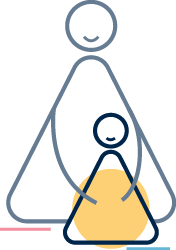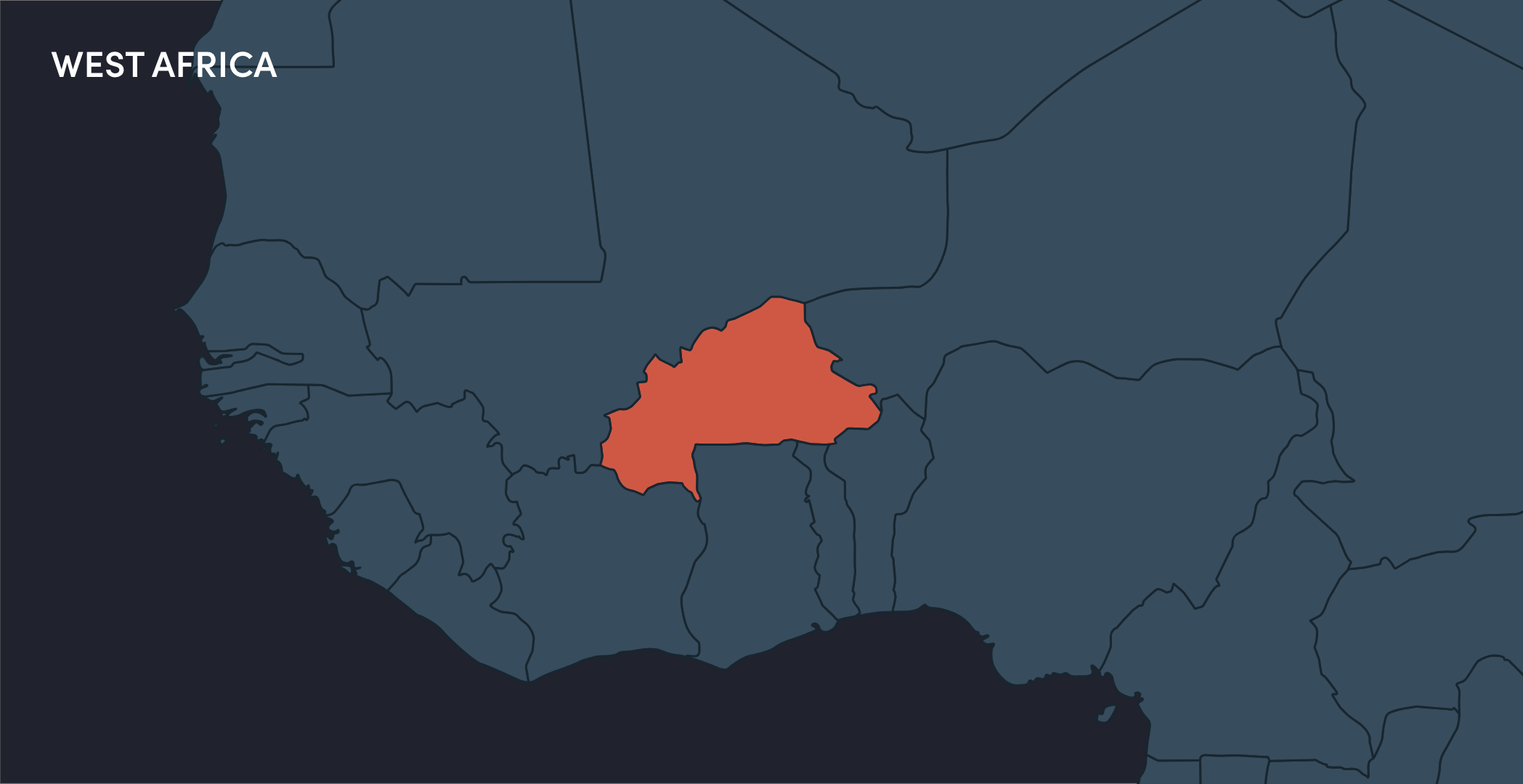Children in extreme poverty are at higher risk of violence, deprivation, and stress, which can negatively impact children’s well-being and development. Conditions of extreme poverty also undermine caregivers’ ability to mitigate risk factors, while also contributing to tensions that can lead to abuse within households.
In a pilot study in Burkina Faso, 44% of children in extremely poor households reported experiencing physical abuse and 58% experienced emotional abuse at home.
PROGRAM OUTCOMES
A combination of household economic strengthening and caregiver support consisting of sensitization and coaching on child well-being led to a number of positive outcomes for children in extremely poor households, such as less risk of physical or emotional violence, and improved parental attitudes. The economic intervention served to create an enabling environment, including improved women’s empowerment and financial well-being. However, impacts on children were greater when combined with the caregiver support and sensitization component.

VIOLENCE AGAINST CHILDREN
With the combined intervention, children were less likely to be abused while working or performing household chores and had 58% less risk of physical or emotional violence at home.

CAREGIVER DISCIPLINE AND ATTITUDES
In households that received the sensitization and coaching, combined with the economic intervention, caregivers reported improvements in parental attitudes, reduction in the use of harsh discipline practices, and improvement in relationships with their children.

CHILD MENTAL HEALTH
With the combined intervention, children reported lower symptoms of depression and trauma and improved self-esteem.
Income and economic strengthening are important to provide the conditions to address risk factors faced by children in extremely poor households. With a specific focus on child well-being, many benefits do also trickle down to children.
The addition of a sensitization component for households significantly improved outcomes for children, and can be integrated into the economic strengthening intervention for a low cost.
It is important to engage all household members in sensitization activities and form solidarity groups for dissemination of information and mutual support among women.
Though gender-specific content was included in the curriculum, violence reduction was strongest among boys and young children, suggesting more focus should be placed on girls and interventions should start early.
Income and economic strengthening were based on the “Graduation” approach, which combines integration into savings groups, training and livelihood planning, provision of a grant of approximately US$100 to jumpstart livelihood activities, and monthly coaching for 2 years.
Parent and caregiver support consisted of culturally tailored, family-focused sensitization and coaching on child well-being and children’s rights for 5 months. This component was designed to address normative beliefs related to protection of children from violence and exploitation and to raise the awareness about context-specific child protection risks. The curriculum was developed by the Burkina Faso Ministry of Social Action.
The results are a source of inspiration for those involved in promoting and protecting children’s rights.
Jo Sanson, Director of Monitoring, Evaluation and Research – Trickle Up
jsanson@trickleup.org
https://trickleup.org
To learn more about this project and its findings, please download our evidence brief.






